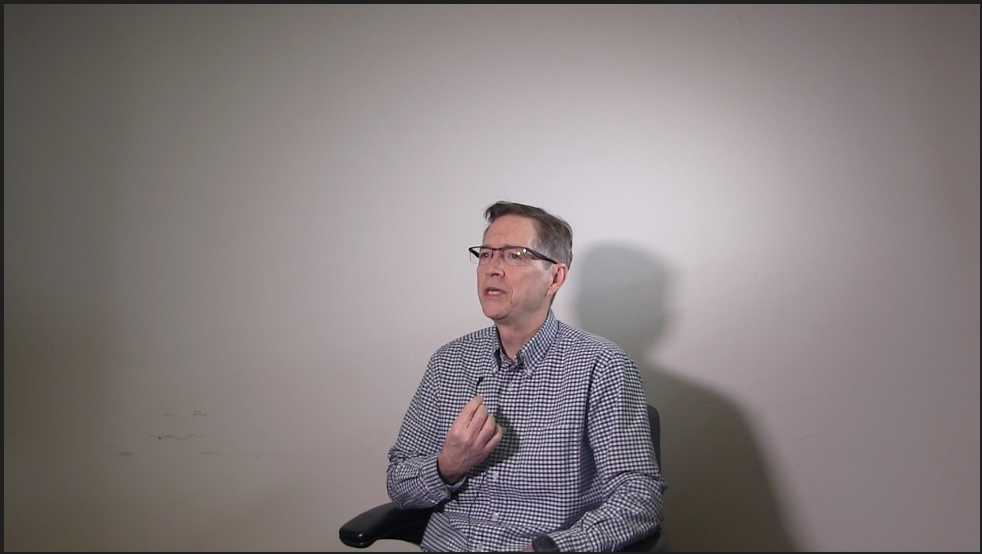Everything You Should Know About Headspace GC
Webinar Date/Time: Thursday, June 15th, 2023 at 8am PDT | 11am EDT | 4pm BST | 5 pm CEST
If you work with volatile or trace analysis, are involved in the development of GC methods for samples in low volatility sample matrices, work with dirty sample matrices which could cause contamination of your GC system, or simply want to expand your knowledge of GC sampling techniques, then this is the webcast for you.

Register Free: https://www.chromatographyonline.com/lcgc_w/headspace-gc
Event Overview:
If you work with volatile or trace analysis, are involved in the development of GC methods for samples in low volatility sample matrices, work with dirty sample matrices which could cause contamination of your GC system, or simply want to expand your knowledge of GC sampling techniques, then this is the webcast for you. The CHROMacademy tech team will explain how to use and optimize headspace GC to improve analyte sampling.
Topics Covered:
- Why use headspace GC?
- What types of samples are suitable for headspace GC?
- How does headspace sampling work?
- Strategies for altering analyte solubility and the effect of analytical response
- The anatomy of headspace instrumentation
- Setting and optimizing headspace GC parameters
- Calibration of headspace GC for accurate quantitation
- Purge and trap sampling
Featured Speakers:
Colin Towers
Senior Technical Support Specialist
Element
After completing a degree in pharmacy, Colin Towers pursued a career in analytical chemistry. Following three years performing routine testing and three years instrument maintenance and calibration, he moved into a role as a method development and validation specialist in contract research. Gaining 11 years’ experience in developing methods for HPLC, LC-MS, GC, GC-MS and SPE in a high throughput commercial environment, this was supplemented by three years lecturing in forensic analytical toxicology and a further three years working as a community pharmacist. Colin has now been with Element since 2012 as a technical specialist, consultant, and trainer.
Register Free: https://www.chromatographyonline.com/lcgc_w/headspace-gc
Detecting Hyper-Fast Chromatographic Peaks Using Ion Mobility Spectrometry
May 6th 2025Ion mobility spectrometers can detect trace compounds quickly, though they can face various issues with detecting certain peaks. University of Hannover scientists created a new system for resolving hyper-fast gas chromatography (GC) peaks.
Altering Capillary Gas Chromatography Systems Using Silicon Pneumatic Microvalves
May 5th 2025Many multi-column gas chromatography systems use two-position multi-port switching valves, which can suffer from delays in valve switching. Shimadzu researchers aimed to create a new sampling and switching module for these systems.
New Study Reviews Chromatography Methods for Flavonoid Analysis
April 21st 2025Flavonoids are widely used metabolites that carry out various functions in different industries, such as food and cosmetics. Detecting, separating, and quantifying them in fruit species can be a complicated process.

.png&w=3840&q=75)

.png&w=3840&q=75)



.png&w=3840&q=75)



.png&w=3840&q=75)





